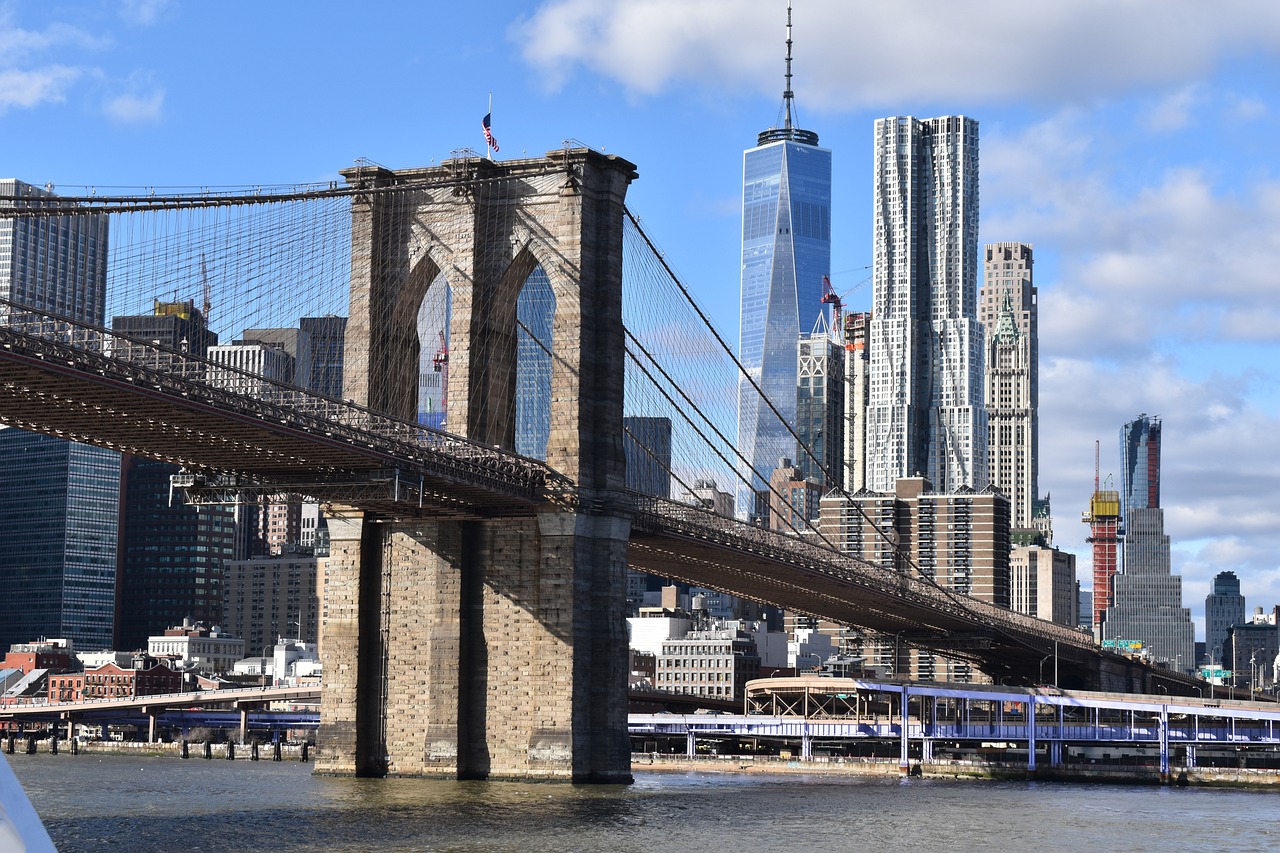
New York
United States
GOVERNMENTAL DESTINATION
General information
New York City, located on the eastern seaboard of the United States, is one of the most iconic cities in the world, serving as a major political, economic, and cultural hub. Founded in 1624, New York City has grown into a global metropolis known for its influence in international diplomacy, finance, and culture. The city is home to the United Nations Headquarters, numerous consulates, and international organizations, making it a key destination for governmental and institutional travel worldwide. With its strategic location and global significance, New York City is an essential center for high-level diplomatic engagements, government operations, and international conferences.

Testimonials
Bill de Blasio, Former Mayor of New York City: 'New York City is at the heart of global diplomacy, where important decisions shaping the future are made.' (Source: Speech at the United Nations General Assembly 2019). Moussa Faki Mahamat, Chairperson of the African Union Commission: 'New York City continues to be an essential center for international unity and economic development.' (Source: Statement during his visit to the United States in 2020). Antonio Guterres, Secretary-General of the United Nations: 'New York City plays a crucial role in fostering global cooperation and peace.' (Source: Address at the Climate Action Summit 2019).
Importance of the GITT sector
New York City plays a pivotal role in global diplomacy and governance, serving as a central location for governmental activities and international relations. The city is a strategic venue for discussions on global security, economic development, and international cooperation.
Diplomacy and institutions
New York City hosts the United Nations Headquarters and over 190 permanent missions to the UN, along with numerous consulates and international organizations such as the Council on Foreign Relations. These institutions underscore New York City's significance as a hub for global diplomacy and international cooperation.

Rail and conections
New York City is well-connected by an extensive rail network, including Amtrak services that link the city to other major cities in the United States. The city also provides reliable internal transportation options, including the New York City Subway, buses, and private car services, ensuring efficient and secure transportation for governmental delegations.

Airports
New York City is served by three major airports: John F. Kennedy International Airport (JFK), LaGuardia Airport (LGA), and Newark Liberty International Airport (EWR). These airports handle both commercial and private flights, offering VIP services and enhanced security for governmental delegations.

Venues
New York City offers several venues for governmental events, including the United Nations Headquarters, the Jacob K. Javits Convention Center, and the Grand Hyatt New York. These venues are equipped with modern facilities and security measures necessary for hosting high-level meetings and conferences.
Economic, social and cultural impact of the sector on the destination
Governmental and institutional events in New York City contribute approximately 20% of the total tourism and events expenditure in the city. These events play a crucial role in supporting the local economy, fostering international cooperation, and positioning New York City as a key player in global diplomacy.

Governmental events
New York City has hosted significant events such as the United Nations General Assembly held annually and the Climate Action Summit in 2019.

Sustenability and RSC
New York City is actively pursuing sustainability initiatives, including the development of green energy projects, waste management systems, and urban mobility solutions. The city is also focused on reducing its carbon footprint through the promotion of public transportation and sustainable event practices.